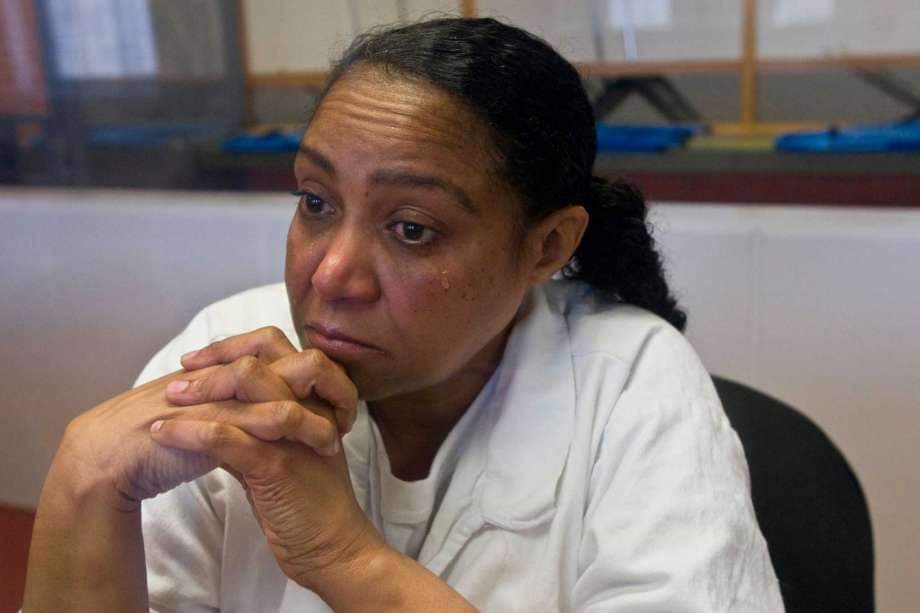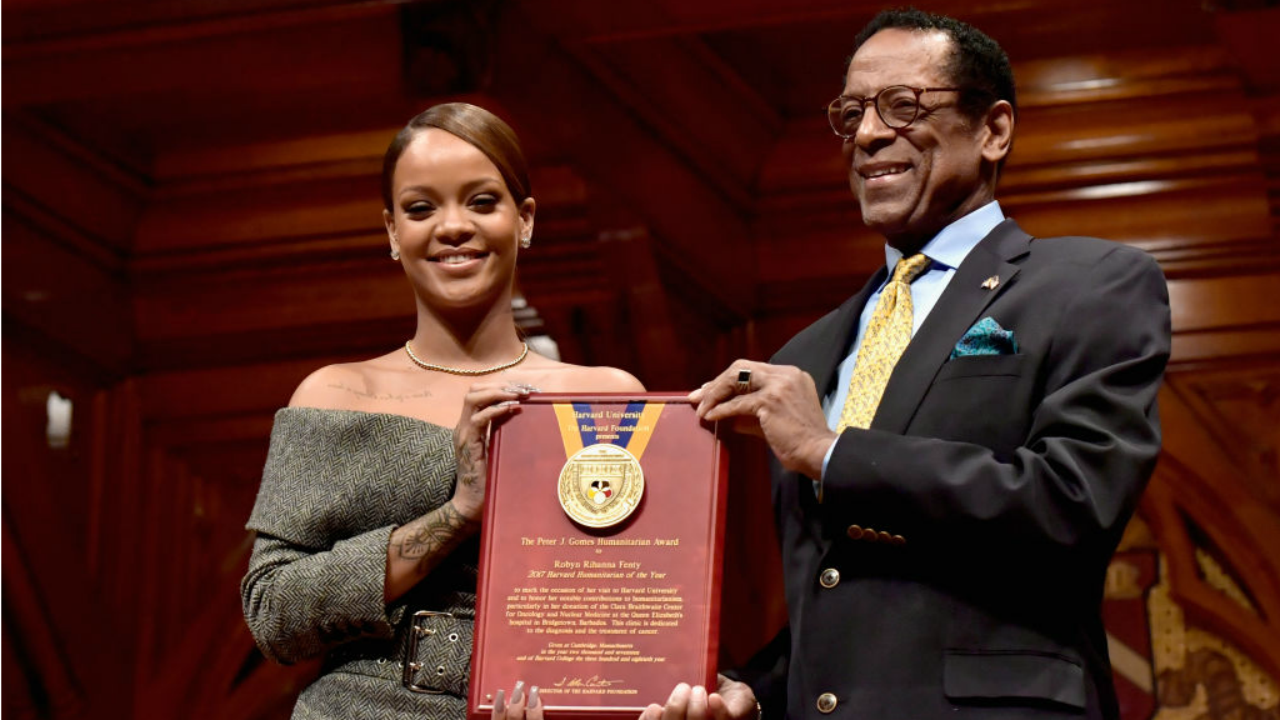
By: Erasmus Williams
Basseterre, St. Kitts, November 19, 2018 – The United States Supreme Court has turned down an appeal from a St. Kitts-born British woman sentenced to die for a Harris County murder-kidnapping, moving the case one step closer to a possible execution date.
According to media reports, Linda Carty, who was born in Old Road, St. Kitts, was sent to death row in 2001 after she was convicted of masterminding a plot to murder her 20-year-old neighbour and steal the woman’s baby in order to save her own common-law marriage.
In the years since the killing of Joana Rodriguez, Carty has consistently professed her innocence, insisting she was railroaded by prosecutors who failed to turn over evidence and coerced witnesses to win a conviction.
Yet the United States highest court has now turned down her most recent appeal without comment, refusing to review the argument that the combination of bad lawyering and “egregious prosecutorial misconduct” was enough to make a difference in the outcome of the case.
The now 60-year-old had lived in the Houston area for more than a decade at the time of the slaying, but was born on St. Kitts. At the time, the Caribbean island was a British protectorate, so Carty holds British citizenship – a fact that’s brought her case celebrity attention, spawned a documentary film and landed her on the front pages of papers in the U.K.
During her 2002 trial, prosecutors argued that the former schoolteacher and erstwhile DEA informant had directed three men to storm the victims’ apartment, steal $1,000 and kidnap the mother and her 3-day-old child at gunpoint.
Afterward, authorities found Rodriguez asphyxiated, bound and gagged, in the trunk of a car linked to Carty. Using witness statement, phone records and evidence from cars at the crime scene, Harris County prosecutors persuaded a jury to find her guilty and vote for a death sentence.
For the past 16 years, the now-grandmother has been fighting her conviction.
Carty’s trial was handled by a famously overworked lawyer who never won a death penalty trial, and a federal appeals court decided some of his work on the case was “objectively unreasonable.” But, the court said, it wouldn’t have made a difference in the outcome – even though it was a “close case.”
Later, a Texas state court decided that prosecutors had failed to hand over potentially exculpatory evidence and neglected to reveal information that could have called into question some of the witnesses who testified against her. But, again, the court said it wouldn’t have made a difference in the outcome and wasn’t enough to overcome the evidence against her.
Now in the latest Supreme Court appeal, Carty’s current counsel – a team from Baker Botts led by Michael Goldberg – argued that those things combined would be enough to sway a jury to a different verdict.
And, they said, courts have offered different opinions as to how and when the legal system should handle “cumulative error” claims alleging different types of Constitutional violations all at once.
The National Association of Criminal Defense Lawyers, a group of criminal justice experts including Democratic state Rep. Gene Wu, and the United Kingdom all filed briefs supporting Carty’s appeal.
Now, after the Supreme Court’s rejection, Goldberg says he plans to file another appeal. Written by Erasmus Williams.









